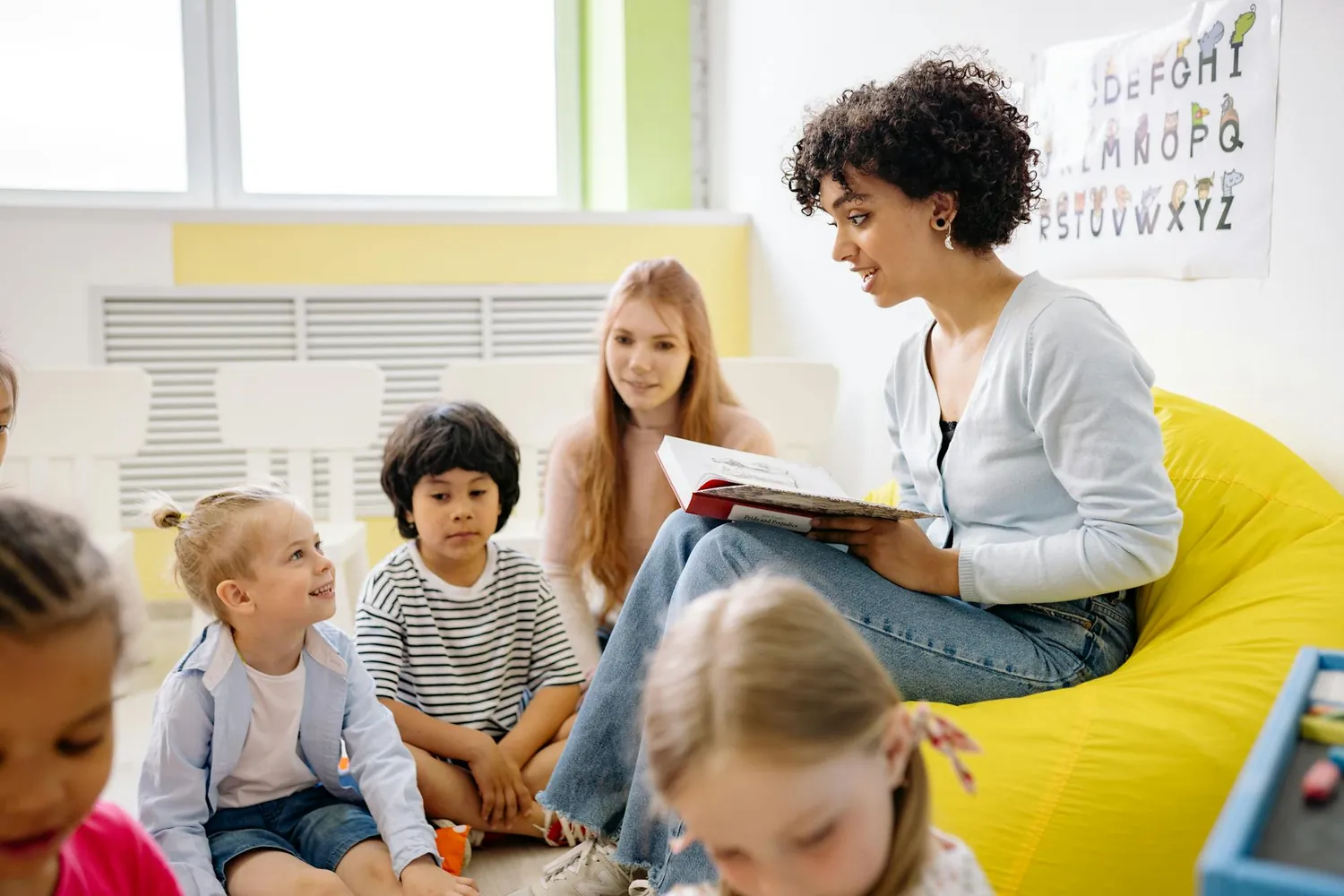Incorporating Role-Playing and Mindfulness to Cultivate Emotional Skills

The Importance of Emotional Intelligence in Education
Emotional intelligence (EI) is increasingly recognized as a critical component of successful education. It involves the ability to understand and manage one's emotions, as well as empathize with others. Integrating EI into educational practices helps create a supportive and engaging learning environment where students can thrive both academically and socially.
By incorporating techniques such as role-playing, mindfulness activities, and group discussions, educators can effectively promote emotional skills among students. This approach not only enhances students' interpersonal relationships but also prepares them for future challenges in a diverse world.
Role-Playing: A Practical Approach to Building Empathy
Role-playing is an effective educational tool that can be used to enhance students' empathy and social skills. By simulating real-life scenarios, students learn to appreciate different perspectives, which is crucial for developing emotional intelligence.
Implementing Role-Playing in the Classroom
- Select Appropriate Scenarios: Choose scenarios that are relevant to the students' experiences or curriculum. These can range from historical events to everyday social situations.
- Assign Roles: Clearly define roles for each student involved in the activity. Ensure that students understand their characters' motivations and emotions.
- Debrief: After the role-play, engage the class in a discussion about their experiences. Ask questions like "How did it feel to be in your character's shoes?" or "What would you do differently in a real-life situation?"
Example Scenario: Navigating Peer Pressure
Imagine a scenario where students must navigate peer pressure regarding academic dishonesty. Assign roles such as 'the persuader', 'the resistant student', and 'the observer'. Through this exercise, students explore feelings of temptation, guilt, and integrity.
Mindfulness Activities to Enhance Self-Regulation
Mindfulness is the practice of being present and fully engaged in the moment without judgment. It helps students develop self-awareness and emotional regulation, key components of emotional intelligence.
Daily Mindfulness Exercises
- Start with Breathing: Begin each class with a short breathing exercise. Encourage students to take deep breaths and focus on their inhalations and exhalations to center themselves.
- Mindful Listening: Conduct an exercise where students listen carefully to a piece of music or natural sounds. Afterwards, discuss what they noticed and how it affected their emotions.
Scenario: Handling Stress Before Exams
Introduce a mindfulness session dedicated to managing exam stress. Guide students through a body scan meditation where they pay attention to sensations in different parts of their body, releasing tension with each breath.
Group Discussions: Fostering Open Communication
Group discussions provide students with opportunities to express their thoughts and feelings openly, fostering communication skills and emotional intelligence.
Effective Strategies for Group Discussions
- Create a Safe Environment: Ensure that the classroom is a safe space where all students feel comfortable sharing their ideas without fear of judgment.
- Use Open-Ended Questions: Facilitate discussions using questions that encourage deep thinking, such as "How does this make you feel?" or "What could we learn from this experience?"
Example Discussion Topic: Resolving Conflicts
Discuss a conflict resolution case study relevant to student life, such as managing group project disagreements. Encourage students to share their personal strategies for conflict resolution and explore alternative approaches as a group.
Integrating Emotional Skills into Curriculum Planning
To successfully incorporate emotional skills into teaching practices, educators should integrate these concepts into their curriculum planning. This ensures that emotional intelligence becomes a regular part of student learning rather than an occasional activity.
Checklist for Educators
- Identify Key EI Objectives: Determine the specific emotional skills you want your students to develop, such as empathy, resilience, or stress management.
- Incorporate EI into Lesson Plans: Include emotional skill-building activities within regular lesson plans, such as starting with a mindfulness exercise or concluding with a reflective group discussion.
- Assess Progress: Use informal assessments like student reflections or peer feedback to gauge the effectiveness of EI activities and identify areas for improvement.
A Holistic Approach: Balancing Academic and Emotional Growth
The ultimate goal is to create an educational environment that supports both academic achievement and emotional well-being. By regularly incorporating role-playing, mindfulness, and group discussions into classroom activities, educators can help students develop robust emotional skills that will benefit them throughout their lives.





